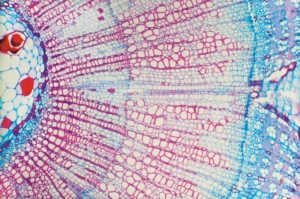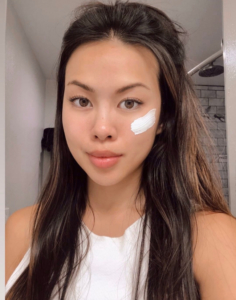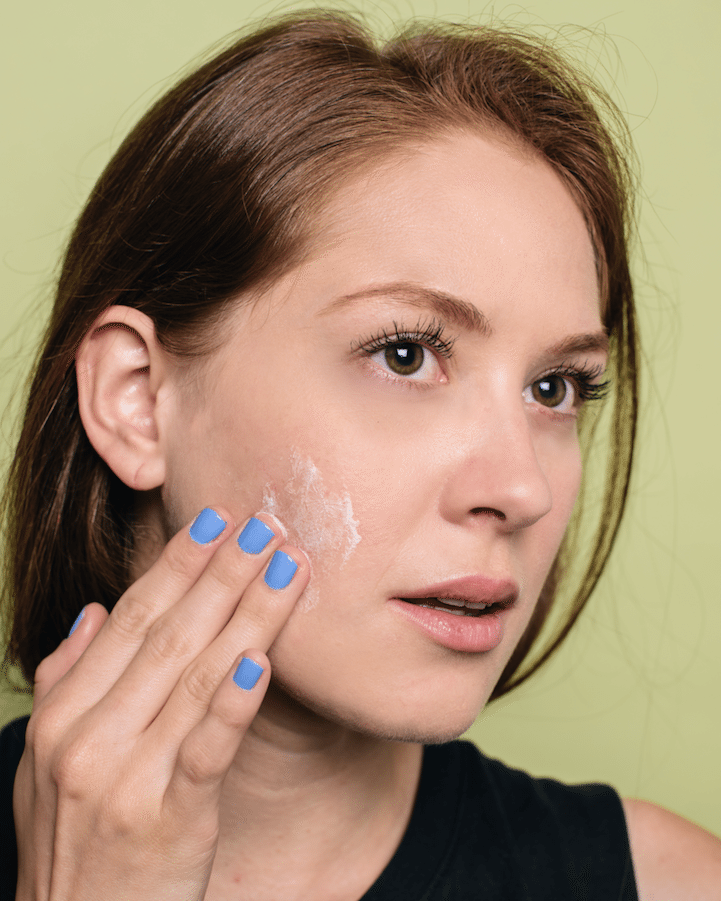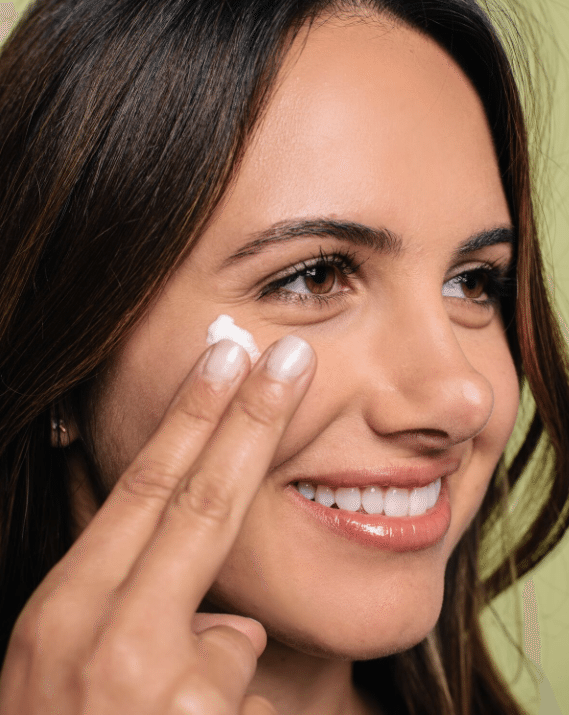Why your skin could be breaking out at the moment
If we can all agree on something, it’s that breaking out is a total pain. After all, we’ve all had to deal with an embarrassing zit at some point in our lives. By now, we all know that touching your face constantly can cause clogged pores, or that a certain time of month usually foreshadows a blemish or two, or if we skip washing at night, the morning could be disastrous! But what about those times when you wake up with a surprise breakout for no apparent reason?
We sat down with Dr. G to understand more of the culprits to help mitigate our breakouts overall.
Could this be down to diet, stress and lack of Vitamin D?
A Vitamin D deficiency could be contributing to breakouts, but it is not the main underlying cause. However, adding more vitamin D through health foods and topical products may be beneficial. Most people are deficient in Vitamin D but not everyone has acne.
Adult Acne and breakouts can be caused by all sorts of issues but are most directly related to hormones and stress. Adult Acne affects women more often than men. Genetics can play a role in adult acne. We are all under a tremendous amount of stress. We are not able to be outdoors as much, we are eating different types of foods than we may be used to, we are perhaps drinking more alcohol, exercising less, sleeping less, all of these factors can affect the skin.
Stress:
When stress levels rise the body produces more stress hormones and these hormones cause over oil production and thus high chance of a breakout. Finding ways to alleviate stress is very important. Exfoliation is imperative to ward off acne. Exercising and sweating can help as it gets circulation and blood flow going.
 Hormones:
Hormones:
Adult acne can be caused from hormonal changes or imbalances related to birth control (at introduction), pregnancy and perimenopause. Birth control consists of synthetic forms of female hormones estrogen and progestin and these help to lower androgen levels, which are (male hormones) like testosterone in our bodies that can cause acne.
Food:
While food doesn’t directly cause acne, it can attribute to it and make for an unclean, unhealthy appearing complexion. Glycation is the main enemy when it comes to the skin and the aging process of the body in general. The glycation process, which is basically, sugars (from food and alcohol) breaking down the collagen fibers in the skin, which excels the aging process. Foods that feed glycation and cause inflammation in the body and the skin are carbohydrates, fried foods, sugar, fatty meats and alcohol. Fried foods, sugar and alcohol can also attribute to an unclear complexion, by over producing oil, causing redness and dryness.
Bacteria:
Bacteria and pollution can both cause acne. A daily skincare regimen is imperative for clean clear skin. Try to not touch your face as this is the number one way to spread bacteria. Always wash your face and body after working out as sweat left on the face and body is a breeding ground for bacteria.
Tips when dealing with breakouts/ acne:
- Try not to aggregate already angry, inflamed and irritated skin.
- Wash with cool water instead of hot as hot water causes redness and blood vessels to open and inflammation.
- Switch to more natural types of products as many ingredients such as silicones and mineral oil clog pores.
- Do not pick-ever!
- Find a serum and blemish mask that contain ingredients that help to soothe skin and reduce redness and inflammation. Organic Red Tea and zinc are two if the best.
What are the consequences of touching our face a lot throughout the day?
Touching your face and or picking is the worst thing you can do for the health of your skin. Our hands are loaded with bacteria and germs which then transfer to the skin when face touching occurs. Bacteria causes breakouts and sometimes rashes. Bacteria, viruses and germs also live under nailbeds, so make sure you keep your nails clean. Touching the face, nose , eyes and mouth is extremely dangerous right now due to the spread of Covid-19. If you must touch your face, wash your hands with hot water and soap before, or just wait for the shower.
 What products/ingredients would you recommend to combat this?
What products/ingredients would you recommend to combat this?
Dr. G breaks down the highlight of different types of detox ingredients that we want in our masks that are essential to a detoxifying regimen and maintain usage throughout the year.
Fact: The average person’s face contains roughly 20,000 pores, each of which act as a ‘pocket’ for dead skin, oil, dirt, and makeup. Throughout the course of a day, these impurities will gradually make their way into the pores, promoting the formation of acne blemishes, irritation and inflammation. Hence, why it’s so important to practice proper skin detoxification, particularly in the form of a potent skin clarifying mask which adds an extra punch of detoxification to any regimen.
Acids: Removing dead skin cells and along with them, pollution and dirt from the skin. Glycolic, lactic, salicylic acids and fruit enzymes are common in all types of “chemical” exfoliants. Enzymes are also reported to diminish scars, age spots, fine lines, and discoloration, and may also penetrate the skin to cleanse pores and improve skin tone and texture.
Clay: The uber-potent mineral has a super absorbanent material that yanks out dirt and it’s a naturally occurring mineral that works to soothe redness. They work the same way as charcoal, by drawing dirt out of skin. Oily skin and acne-prone people alike swear by clay, because it helps to expel toxins and and reduce redness. Rule number one of clay masks: Never let them dry completely. Using clay-like masks can be pretty heavy-duty (using too frequently and/or leaving on for too long), so limit use to twice a week max so that you can benefit from the proper treatment.
Facial Detox is a powerhouse mask that reduces blackheads, pore size, redness and inflammation to reveal a healthier, blemish-free complexion. “We are extremely proud to introduce the first ever mask + spot treatment to the GOLDFADEN MD range,” says Dr. Goldfaden. “The prestige marketplace was lacking a natural solution to common breakouts and blemishes that would be effective enough to be deemed high-performance without any chemical additives or irritating medicine, and we are proud to be the brand to fill that void.”
Charcoal: Acts like a magnet, pulling grime and junk off the skin. Tip: Charcoal needs a bit of time to activate and penetrate the skin, so the most effective charcoal-based products on the market, come in a mask form (i.e. not a cleanser or sponge) so that it will allow for a chance to penetrate the skin and provide the ultimate treatment benefits.









Leave a Reply
Want to join the discussion?Feel free to contribute!